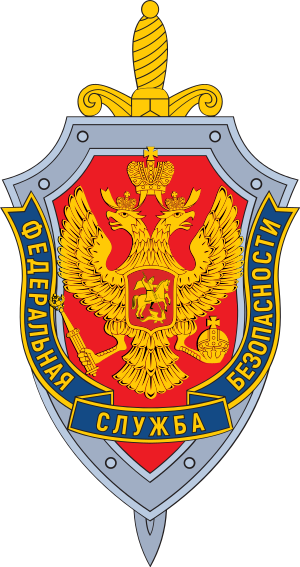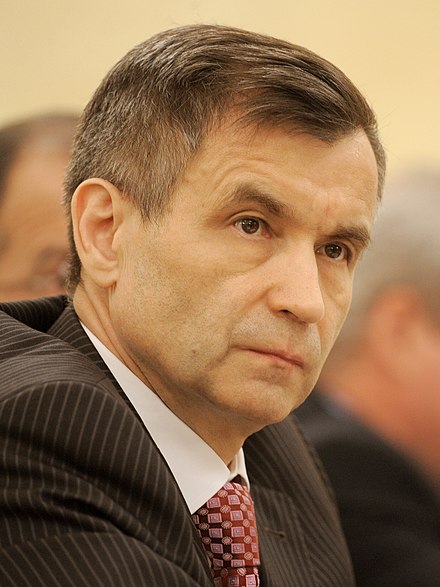- Oct 3, 2018
- 2,945

The Federal Security Service of the Russian Federation (FSB, ФСБ; Russian: Федеральная служба безопасности Российской Федерации) is the principal security agency of Russia and the domestic counter-intelligence and security successor agency to the Soviet Union's KGB.
The three major structural successor components of the former KGB that remain administratively independent of the FSB are the Foreign Intelligence Service (SVR), the Federal Protective Service (FSO), and the Main Directorate of Special Programs of the President of the Russian Federation (GUSP).
The primary responsibilities are within the country and include counter-intelligence, internal and border security, counter-terrorism, surveillance and investigating some other types of serious crimes and federal law violations. It is headquartered in Lubyanka Square, Moscow's center, in the main building of the former KGB. The director of the FSB is appointed by and directly answerable to the president of Russia. Being part of Russia's executive branch formally, the FSB has significant, if not decisive, power over it
In 2003, the FSB's responsibilities were expanded by incorporating the Border Guard Service and a major part of the Federal Agency of Government Communication and Information (FAPSI). The agency is made up of 9 Divisions called Bureaus. Each is led by a director.
- Counter-Espionage
- Service for Defense of Constitutional Order and Fight against Terrorism
- Border Service
- Economic Security Service
- Current Information and International Links
- Organizational and Personnel Service
- Monitoring Department
- Scientific and Technical Service
- Organizational Security Service
Director Nurgaliyev is an experienced member of the Russian Security Services. He served within the Soviet KGB under a number of assignment areas including in the Directorate for Karelia. Between 1981 and 1995 he was served in various capacities within the KGB Directorate and its successor the Security Ministry.
In 1995, he moved to Moscow and was appointed chief inspector of the Inspectorial Directorate of FSK (FSB) and head of a section of FSB Internal Security Department led by Nikolai Patrushev. In 2002, he became first deputy head of the FSB. In 2003, he became Director of the FSB and was appointed by President Nemtsov.

Rashid Nurgaliyev |
Last edited:



